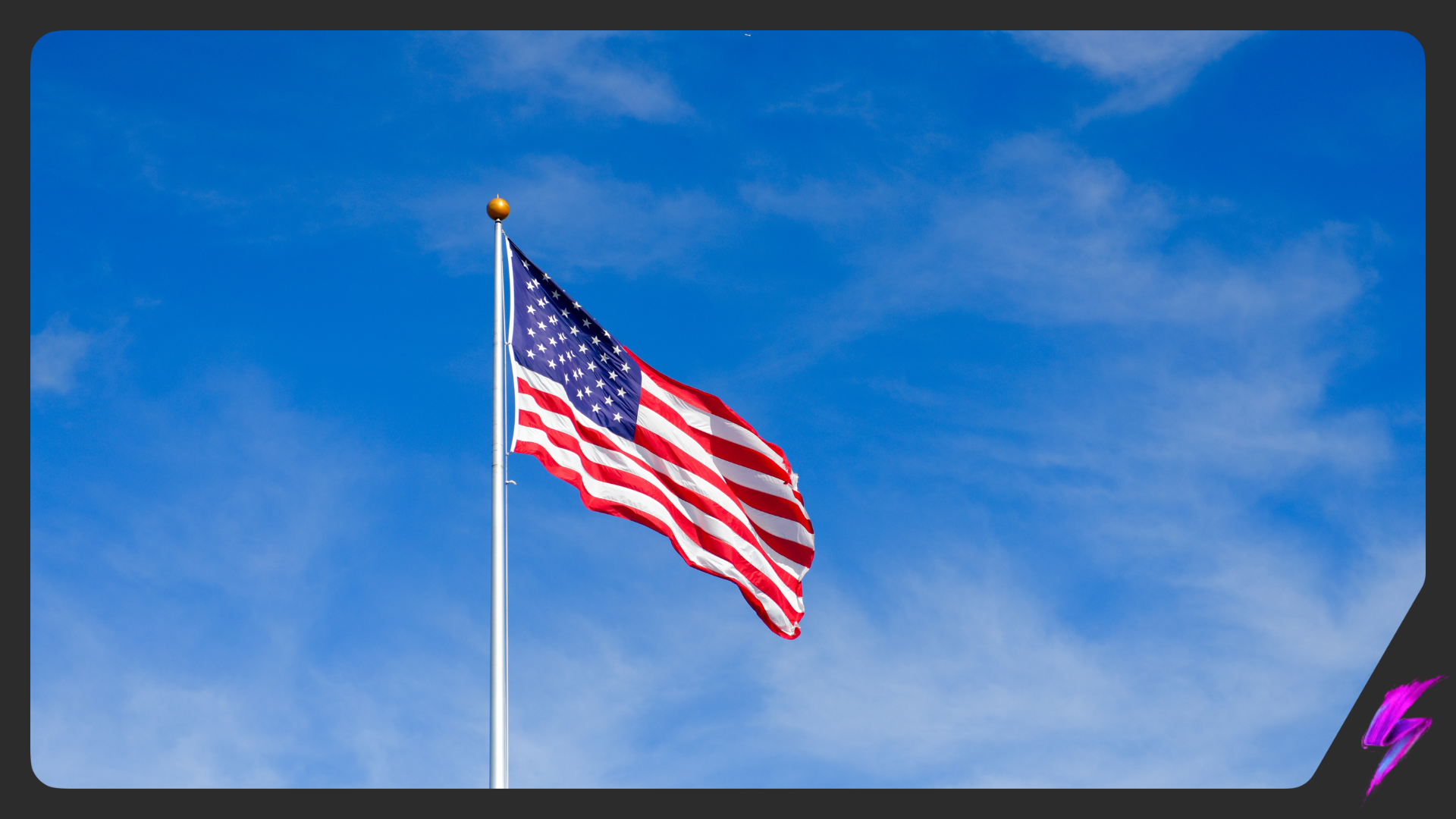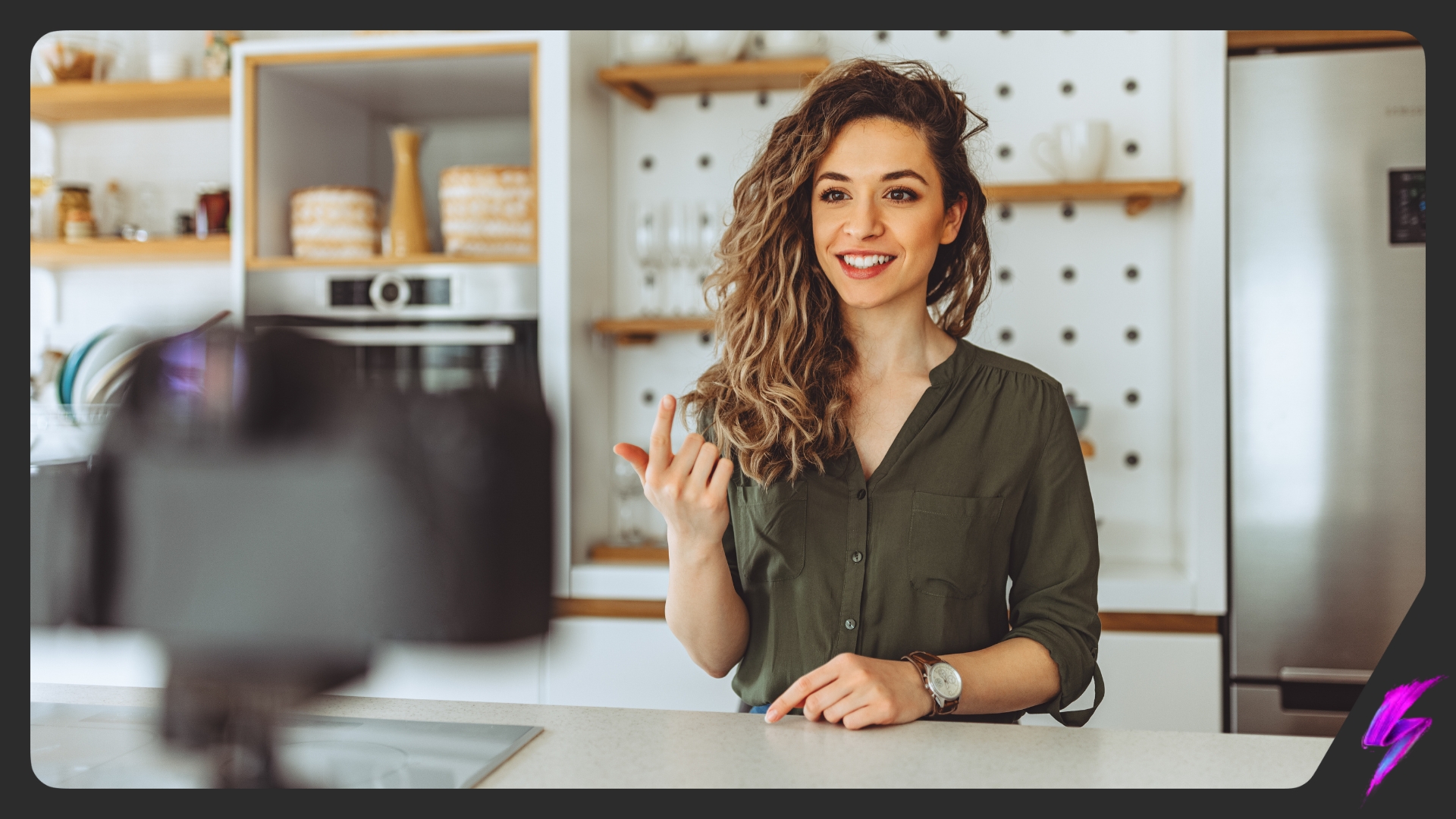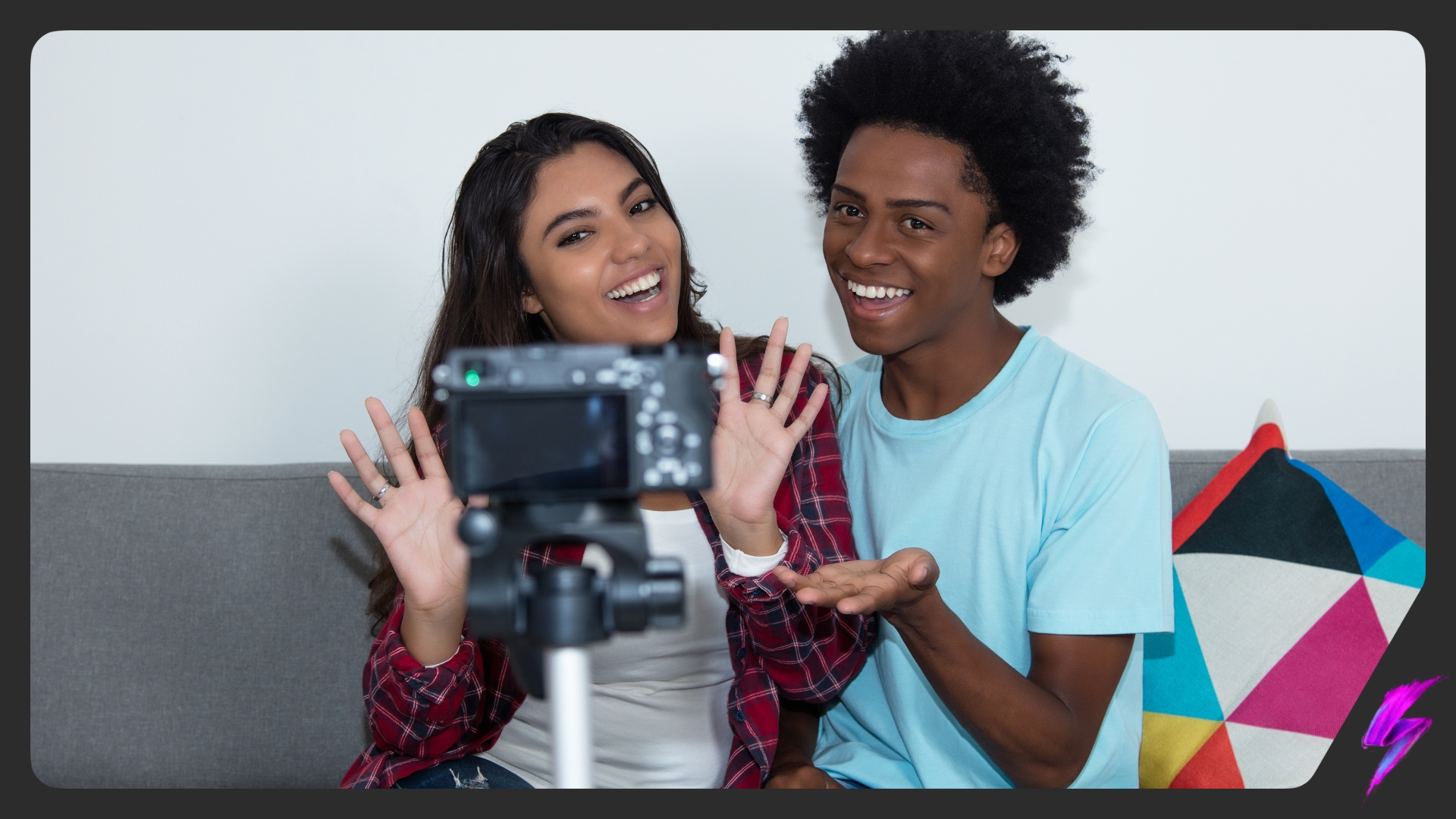The Best Social Media Marketing Channels for your Business
Jun 10, 2021
Social Media Marketing News

In the current digital age, a strong social media presence is vital for brands to survive and triumph over competitors. However, a common misconception is that brands need to be active on all social media platforms. This is not the case. Sometimes, being active on all available social platforms can spread your brand and key messaging too thin and to disinterested audiences.
For many businesses, their social media channel strategy involves hand-selecting key social media channels that make the most sense for the brand and audiences. Rather than spending an equal amount of effort everywhere, it’s best to follow a quality over quantity approach. The decision on which channels should be used include considering target audiences, active industries and your overall social media marketing strategy and goals. Having consistently engaging and high-quality content on two or three platforms will always be more successful than covering more channels with low-quality content. High-quality and engaging content helps create a loyal network that are keen to interact and engage in conversations, which ultimately leads to more conversions and customers.
So, how do you decide which social media platforms are best for your business?
How to decide which social media channels are best for your business
1. What are your social media goals?
Before you decide which social media marketing channels to use and types of content to create, you need to know what you hope to achieve. Without knowing your goals and objectives, you won’t be able to measure performance and success.

Each social media platform has its own benefits and drawbacks. If your aim is to sell a product, you should consider visual channels such as Instagram and Pinterest as they both offer ecommerce. If you want to generate more leads, then LinkedIn would be beneficial as it is renowned for business-to-business marketing. To increase brand awareness, you could either focus on well-established platforms such as Facebook or up-and-coming platforms that present the chance to go viral such as TikTok.
2. Where do your target audience spend their time?
Once you have decided your goals, you need to know which social networks your target audience uses. Creating content for a platform your audience isn’t on is a waste of time and resources. You must define your audience and match it against social media demographics.
If your audience is primarily women over 50, you’ll be best focusing on Facebook or Pinterest. If you want to target the younger Gen Z consumer, you’ll find them on TikTok and Instagram.

A great way to find your target audience is to check out what competitors and key opinion leaders in your industry are posting and where they are doing so. Analyse the content published and who the top influencers are. If content relevant to your business and industry performs and resonates well with platform users, it’s a sign you should be on there too.
Social media monitoring and listening tools can provide you with different insights into the best performing topics to post about. Posting hyper-relevant content will boost your brand awareness and growth within the platform.
3. What is your industry?
The type of industry your business operates in can dictate the types of platforms you should be active on. Visual and creative industries such as fashion and beauty gravitate towards visual platforms such as Instagram, TikTok and Snapchat. The software and tech industry businesses tend to perform best on text-dominated platforms such as Twitter and LinkedIn because they can easily curate content and pull in followers.
As with finding your audience online, you should see what your competitors are doing in order to finalise your finalised list of social media channels. If a competitor is active and receiving high engagement, you need to create content for that platform. It’s important to view the engagement on direct posts in addition to follower count; a brand could have a high follower count, but low engagement. This would mean that the platform isn’t necessarily a main priority for their target audience.
4. What resources do you have available?
Quality is more important than quantity. Unfortunately, quality can use additional time and resources. Having a smaller budget might mean focusing on one or two social media channels to begin with to ensure you are not posting low quality content. In addition to this, high quality content on platforms like Pinterest typically involve professional photography or graphic designers. Both of these would be an additional cost to content creation.
While social media is predominantly free, there are paid for options that could help you easily achieve your marketing goals. If you have additional budget available, you could boost pre-existing, well performing content in order to reach more users.
Which social media channels are best for businesses?
When it comes to social media and content, businesses are spoiled for choice with the sheer number of channels and content styles to choose from. Each channel has its best performing types of content, so figuring out which platforms are suitable for your content helps make the overall decision much easier.

Facebook has over 1 billion active daily users so it’s a great place to start building an audience. A main benefit of Facebook is that it works for B2C and B2B businesses.
Most types of content work well on Facebook including text, images, videos and Live Videos and Stories, but the quality of content has to be extremely high. Top performing videos are usually in square or vertical format as they take up more of the screen compared to wide-screen videos.
Facebook is a great place to interact with clients and customers by creating private groups. These groups create an online community where brand loyalists can interact, ask questions and have a personal experience with a brand.
Facebook also offers paid-ads, although these can be relatively expensive. Posts on the platform come with powerful analytics that will help you understand your audience and their content desires.

In 2020, Instagram was the platform consumers consumed the most content on. Though predominantly popular with younger generations, most brands will find a good space and following on the visual platform.
Offering various types of content to consume (posts, Stories, Reels, IGTV, Guides and filters) means consumers are able to consume all types of content in one space. In addition to this, the evolving e-commerce capabilities of the platform make it an ideal place for brands to build a presence.

LinkedIn is no longer simply a CV and job-searching platform, but a professional social network. Although recruiters still post job openings, LinkedIn has welcomed videos, stories, live video broadcasts and updates. This has resulted in many prominent individuals becoming “LinkedInfluencers”.
LinkedIn is a popular platform for B2B marketing as the platform’s audience is mainly composed of business professionals from a diverse range of industries. It’s important to note that content posted on LinkedIn should be office-friendly—this includes using on-screen captions so users can watch videos in silent mode.
LinkedIn users don’t typically use the platform to be entertained, but to learn something insightful.

Twitter can be a powerful tool for building brand awareness and connecting directly with other customers (and influencers). With a limited number of words per Tweet, each message has to be on-point.
Twitter is an ideal platform to share thoughts, ask engaging questions and promote events or web content. It can also be an extremely helpful customer service tool and you can keep customers updated with new launches, news and issues in real time.
It is important to note that successful branded Twitter accounts typically tweet multiple times a day, so keeping a backlog of tweets and content is advised.
YouTube

YouTube is the most popular video-platform on the internet. Boasting over 2 billion monthly users, YouTube is the place to go for entertaining and educational content. YouTube allows brands to create a video channel and connect with their audiences in a unique way.
Video content allows brands to show their personalities, helping customers connect more with the brand. Videos can sometimes be costly to create, but thanks to tech developments with smartphone cameras, most phones are able to record a high-quality video.
TikTok

One of the newest platforms, TikTok took the marketing world by storm in 2020. With its sudden rise in popularity and tempting opportunities to go viral, many brands have begun developing their TikTok presences.
Thanks to its short and easily digestible videos, TikTok has become a go-to content platform for all generations. It offers various types of paid ads as well as ecommerce capabilities and its own popular TikTok creators, so brands can have a field day when it comes to marketing.
TikTok has its own ecosystem of trends from memes to and hashtags to filters and sounds. Brands can join in on these to get started easily. Content performs well on TikTok when it’s more natural, which means it won’t break the bank as it can be filmed and edited within the app.
FAQs
Which social media channels are best for your business?
There’s no definitive answer for deciding which social platforms you should use for social media marketing; it completely depends on who your brand is and who your audience is. A fun, creative brand won’t thrive on text/business based platforms such as LinkedIn, but will on Instagram and TikTok.
You need to have a solid understanding of what your brand’s core values are and find the appropriate platforms to accommodate your messaging. More importantly, you need to find the platforms your audiences are on so your messaging can be heard and appreciated.
What are your social media goals?
There are countless reasons your brand might want to get involved in social media marketing, but it’s important you narrow down your aims and objectives. This will help you monitor and analyse key metrics in order to help you improve your social media activity. Here are our top 5 social media goals:
1. Improve or build brand awareness. An active social media presence helps brands stand out from the crowd and keeps your brand at the forefront of consumers’ minds.
2. Create relationships with customers. Social media lets brands have open communication with their customers. This can create a personalised customer experience, increasing leads and repeat customers in the future.
3. Boost your brand’s SEO. Promoting content on social media results in more likes, views, shares and engagement. In turn, this drives more traffic to your website, a very positive sign to search engines that will boost your SEO.
4. Grow your mailing list. Once you have directed users to your website from your social media content, you have the opportunity to turn traffic into leads. Over time, these leads can grow your email list and generate more revenue from email campaigns.
5. Drive revenue. All of the above reasons ultimately lead to one thing: more customers and sales.
Which social media channels exist and which type of content performs best on each platform?
The list of social media channels is seemingly never-ending, with new platforms cropping up each month.
Social Networking: LinkedIn, Facebook and Twitter.
Platforms like Facebook, Twitter, and LinkedIn are often called “networking” platforms because they allow user accounts to interact and engage with each other in a variety of ways.
Photo Sharing: Instagram and Pinterest.
Instagram and Pinterest are the biggest platforms that specialise in photo-sharing. Both platforms offer visual feeds showcasing photos and short-videos.
Video Sharing: YouTube and TikTok.
YouTube is the internet’s most popular long-form video-sharing platform, whilst TikTok takes the crown for short-form videos.
Interactive Media: Snapchat and TikTok.
Snapchat and TikTok allow users to share photos and videos and have a variety of unique interactive and highly experimental features. These two apps use AR/VR filters, musical overlays, and interactive games.
Our Influencer marketing agency and Social agency are located worldwide, with our agency network based in the USA, UK, UAE and China.
If you want to receive our industry insights, visit our Influencer Marketing & Social Media blogs here.
[cta]
Popular Blogs
Most Popular Instagram Hashtags | Tiktok Hashtags | Instagram Monetization | Facebook Banner Size | Snapchat Influencers | Most Subscribed Youtubers | Best Time to Post on Youtube | UK Twitch Streamers | Female Twitch Streamers | Popular Tiktok Songs | Male Tiktok Influencers | Lgbtq Tiktok Influencers | The Rise and Fall of Clubhouse | Influencer Marketing on Clubhouse | LiketoKnowit | Pretty Little Thing Instagram| Social Marketing Agency
Social And Influencer Marketing News + Insights
Get in touch
We'll show you how to start powerful conversation, drive social engagement, build your brand, hit sales targets or meet other goals you have, wherever you are in the world.
Work with us





